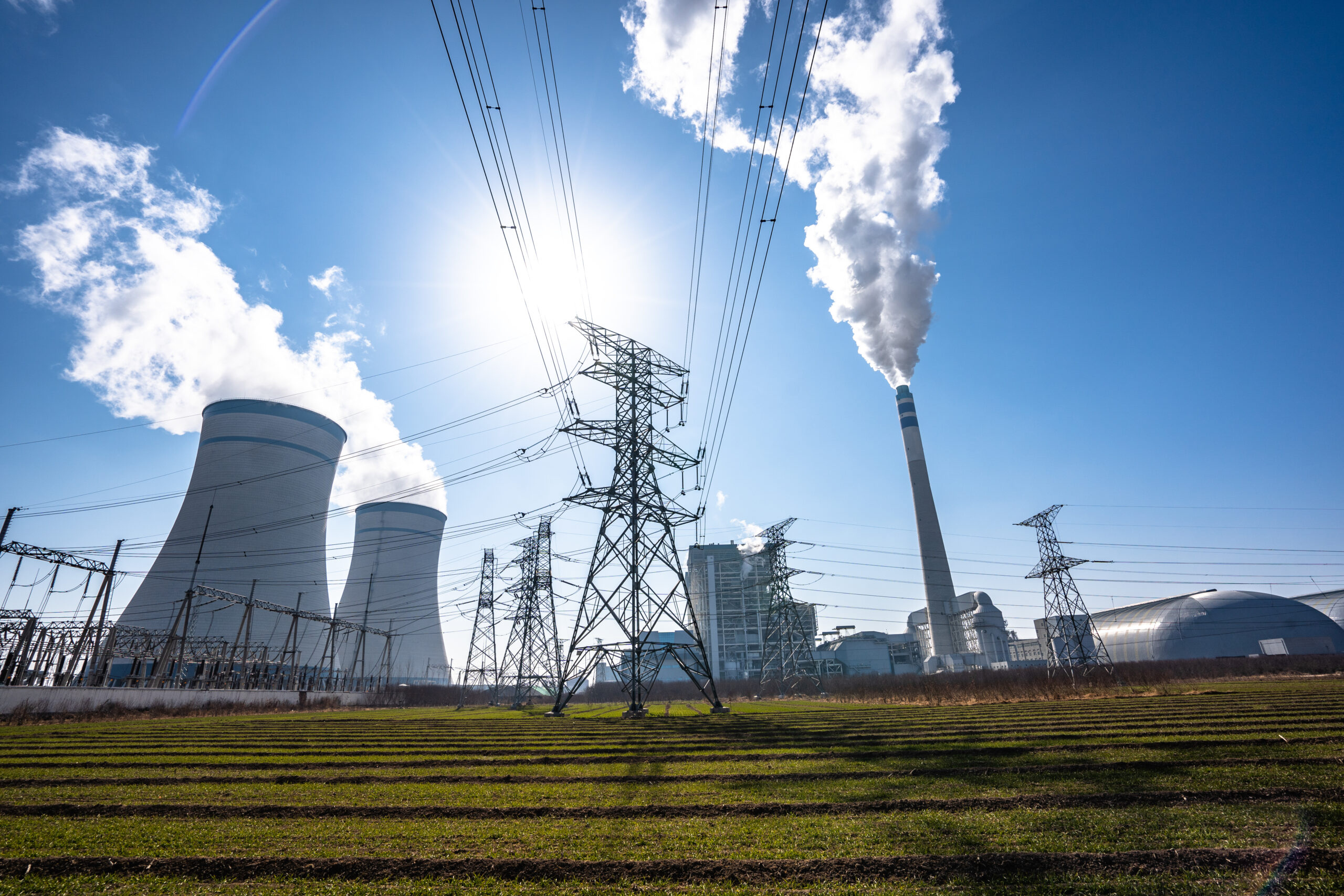
- AI-Driven Energy Demand Surge: Britain’s growing AI infrastructure, including a planned tripling of data center capacity, is expected to require electricity exceeding the output of a large nuclear power station, creating significant challenges for the national grid.
- Balancing Renewable Energy and Reliability: While renewable sources like wind and solar are central to Britain’s net-zero goals, their intermittent nature struggles to meet the continuous power demands of AI-focused data centers, highlighting the need for nuclear energy and advanced battery storage.
- Strategic Role of SMRs and Private Investment: Small modular reactors (SMRs) and private sector initiatives are positioned as key solutions for sustainable energy supply in the long term, but immediate reliance on gas and fossil fuels may be necessary to support the rapid growth of AI infrastructure.
The rapid growth of artificial intelligence (AI) is driving an unprecedented surge in electricity demand, prompting concerns about how Britain’s energy infrastructure will adapt. Experts warn that the energy requirements to support the expanding network of data centers could exceed the output of a nuclear power station, such as Sizewell C or Hinkley Point C. This challenge emerges as political leaders, including Sir Keir Starmer, unveil ambitious plans to position the UK as a global AI leader through significant investments in computing capacity and infrastructure.
Current data center capacity in Britain stands at 1,512 megawatts (MW), but more than 4,000MW are under construction or in development, according to research from DC Byte. The planned facilities are expected to more than triple the energy demands of the sector in the coming years. Sir Keir has outlined proposals for a 20-fold increase in public computing capacity, new supercomputers, and the establishment of AI growth zones. These initiatives aim to attract billions of pounds in private investment while streamlining planning and grid connection processes for developers. However, the scale of this expansion is raising questions about the strain on Britain’s electricity grid, particularly as the government prioritizes renewable energy sources like wind and solar under its net-zero strategy.
AI-focused data centers require consistent and continuous power, a challenge that intermittent renewables often struggle to meet. To address this, some facilities are being constructed on the sites of former power stations, where access to the grid is more reliable. Notable examples include Microsoft’s project at the old Eggborough coal-fired station in Yorkshire and Blackstone’s proposed £10 billion facility in Northumberland. The rising demand for constant energy highlights the need for supplementary solutions, such as small modular reactors (SMRs) and battery storage technology.
Despite their potential, SMRs are unlikely to alleviate immediate pressures, as the first such reactors in Britain are not expected to become operational until the next decade. Advocates for nuclear energy argue that long-term investment in SMRs is critical for sustaining the energy-intensive infrastructure of the AI revolution. Ed Miliband, the Energy Secretary, and Peter Kyle, the Technology Secretary, will co-chair a newly proposed AI energy council to explore technologies that could support the sector. Miliband has previously urged nuclear developers to accelerate plans, emphasizing the importance of nuclear power in driving the next industrial revolution.
The energy demands of AI are already impacting environmental goals. Companies like Microsoft and Google have reported significant increases in emissions due to the heightened energy requirements of their data centers, forcing some to retreat from carbon-neutral claims. In areas like Dublin, where grid capacity is constrained, operators have resorted to using fossil fuels, including gas plants and diesel generators, to maintain operations.
Investors and policymakers are calling for a more diverse and resilient energy strategy to meet the growing demands of AI while maintaining environmental commitments. Short-term measures may include increased reliance on gas, but longer-term solutions must involve scaling up nuclear energy and developing advanced storage technologies. Experts suggest that private sector leaders, including hyperscale operators like Microsoft and Amazon, could play a pivotal role in advancing SMR technology, helping to bridge the gap between renewable energy capacity and the continuous power needs of AI infrastructure.
The booming AI industry underscores the urgency of rethinking energy strategies to ensure a reliable, sustainable supply of electricity. With data centers poised to become critical components of the digital economy, balancing innovation with environmental responsibility will require a coordinated effort across the public and private sectors.

0 Comments